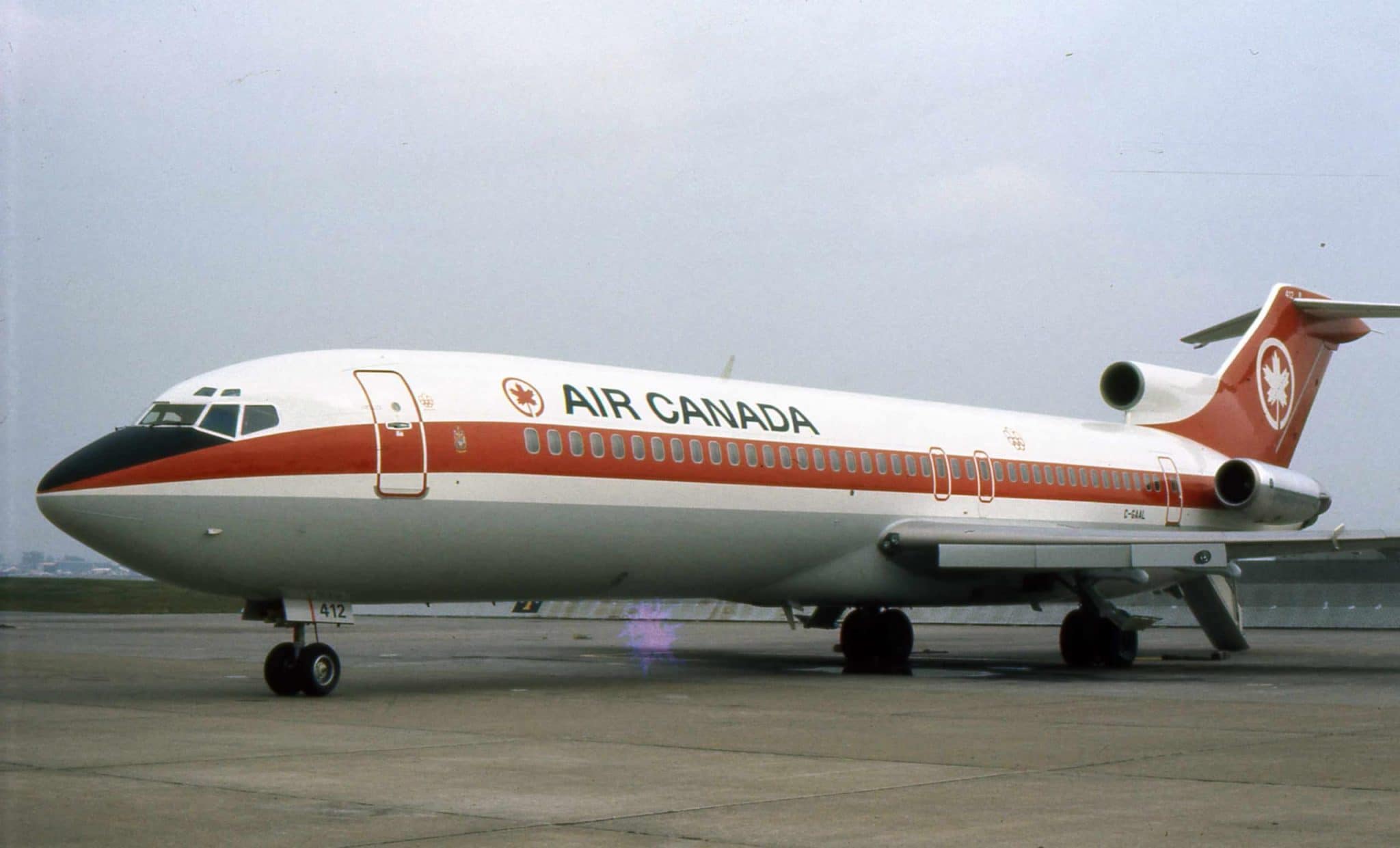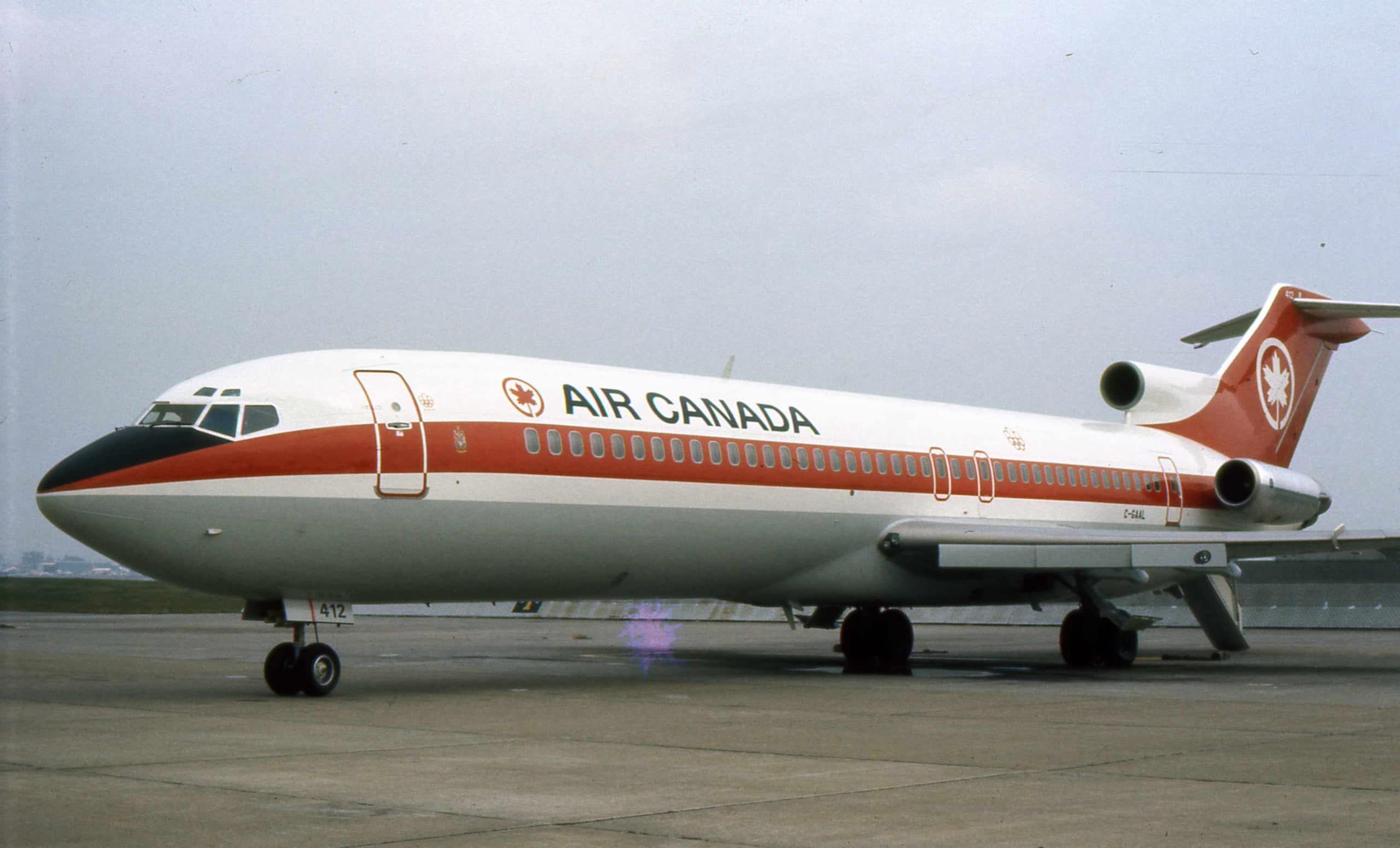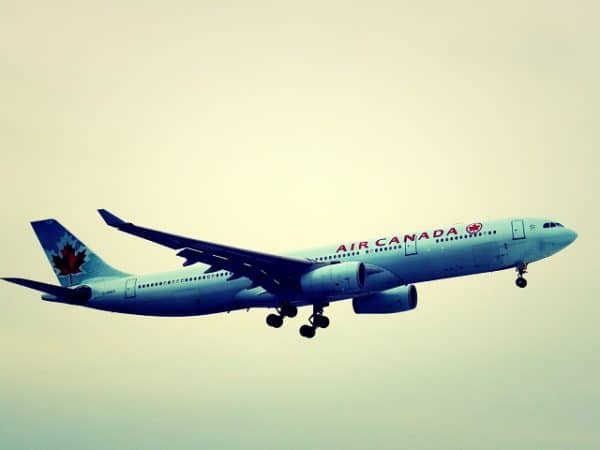Air Canada’s stock is overvalued, this investor says

 Now might seem like a good time to take advantage of a down-and-out stock like Air Canada (Air Canada Stock Quote, Chart, News, Analysts, Financials TSX:AC), which got trashed in the early days of COVID-19 and has yet to recover. But think again, says portfolio manager Colin Stewart, who argues the name may be the same but the fundamentals for Air Canada look a lot different now than before the pandemic hit.
Now might seem like a good time to take advantage of a down-and-out stock like Air Canada (Air Canada Stock Quote, Chart, News, Analysts, Financials TSX:AC), which got trashed in the early days of COVID-19 and has yet to recover. But think again, says portfolio manager Colin Stewart, who argues the name may be the same but the fundamentals for Air Canada look a lot different now than before the pandemic hit.
“We’re a little cautious on airline stocks and on Air Canada, specifically,” said Stewart, CEO of JC Clark Limited, who spoke on BNN Bloomberg on Wednesday. “I think there’s a pretty wide misconception about some of the airline stocks.”
Air Canada went on a slide for much of June, dropping from $29 per share to now in the $25 range. That’s still a nice lift from where the stock bottomed out at around $15 as COVID-19 struck last winter and hobbled air travel worldwide but there’s still work to be done to get the stock back to the $50 range it inhabited almost a year and a half ago in early 2020.
Now, rising vaccination rates have fuelled hopes that travellers will once again return to flying in greater numbers and start breathing some life back into a decimated industry. And while the company definitely took its hits over COVID, Air Canada seems to have weathered the storm, aided by a finally-arriving government aid package to the tune of almost $6 billion along with the company’s deep well of liquidity to draw upon.
The federal government and Air Canada announced in April a debt and equity financing agreement giving the company access to up to $5.9 billion in aid, including up to $4 billion in debt and a $500-million stake in AC taken up by the Canadian government.
“The additional liquidity program we are announcing today achieves several aligned objectives as it provides a significant layer of insurance for Air Canada, it enables us to better resolve customer refunds of non-refundable tickets, maintain our workforce and re-enter regional markets,” said Air Canada CEO Calin Rovinescu in an April 12 press release.
“Most importantly, this program provides additional liquidity, if required, to rebuild our business to the benefit of all stakeholders and to remain a significant contributor to the Canadian economy through its recovery and for the long term,” he said.
But it’s measures like these, taken as the company continues to bleed money (Air Canada reported a net cash burn of $1.274 billion or about $14 million a day for the first quarter 2021), that should trouble would-be investors, says Stewart.
“Air Canada’s stock price is down a lot because of the pandemic and all the things that obviously happened with air travel last year,” Stewart said. “[And] I think the perception for many investors is, ‘Well, the stock is down a lot so it’s undervalued and there’s a lot of catch up to play if the economy reopens and people begin to travel again.’”
“We are actually quite positive on a reopening of the economy and we believe people are going to start to fly again, but with many of these airline stocks and Air Canada included the enterprise value of the business is actually pretty much back to its pre-pandemic high, even though the stock price is down a lot,” he said.
“That’s for two reasons. One is that Air Canada issued a lot of debt during the pandemic, as they were trying to survive this downturn. And they also issued a lot of equity, so the share cap has gone way up. So, even though the share price hasn’t come back, the overall value of the business is basically at its old high, and yet the earnings the business is generating or the EBITDA or free cash flow are nowhere near what they were. So, actually, from a valuation standpoint we would say Air Canada is pretty expensive,” Stewart said.
“A lot of the recovery potential is already in the share price,” he said.
Air Canada’s Q1, delivered in early May, featured operating revenues of $729 million, down 80 per cent from the first quarter 2020, with an EBITDA loss of $763 million compared to positive $71 million a year ago. The company took a turn over the pandemic in converting a number of its wide-body passenger planes to cargo duty, saying that since March of last year the company has operated more than 7,500 all-cargo flights.
Stewart said airlines are not the only option to play the post-pandemic return of the air travel industry.
“I think we would look to other ways to participate in a recovery in air travel — maybe in the aerospace sector — as opposed to owning Air Canada or some of the other airlines,” Stewart said.
Nick Waddell
Founder of Cantech Letter
Cantech Letter founder and editor Nick Waddell has lived in five Canadian provinces and is proud of his country's often overlooked contributions to the world of science and technology. Waddell takes a regular shift on the Canadian media circuit, making appearances on CTV, CBC and BNN, and contributing to publications such as Canadian Business and Business Insider.


